Martial Peak Reviews
Ivy Thorne's Scarred in Silence, the second installment in The Twisted Trilogy, is a haunting exploration of the human psyche, where silence becomes both a refuge and a prison. The novel delves deep into the complexities of loyalty, dependence, and the struggle for autonomy, all encapsulated within the life of its protagonist, Astra. Thorne masterfully crafts a narrative that is as much about the absence of sound as it is about the cacophony of emotions that silence can evoke.
The central theme of the novel is the paradoxical nature of silence. Astra, who finds herself ensnared in a world where her voice is not her own, represents the countless individuals who are trapped by circumstances beyond their control. The silence she experiences is not merely the absence of sound but a profound metaphor for the suppression of identity and autonomy. Thorne's portrayal of Astra's internal struggle is both poignant and relatable, capturing the essence of what it means to be voiceless in a world that demands conformity.
Character development is one of the novel's strongest suits. Astra is a multi-dimensional character whose journey is marked by both vulnerability and resilience. Thorne's ability to depict Astra's evolution from a passive participant in her own life to someone who begins to question and challenge her circumstances is both compelling and inspiring. The author does not shy away from showcasing Astra's flaws, making her a realistic and relatable protagonist. Her journey is one of self-discovery, where every choice she makes is fraught with consequences, yet it is these very choices that propel her towards a semblance of freedom.
The supporting characters in Scarred in Silence are equally well-crafted, each serving as a mirror to Astra's own struggles. The intricate web of relationships that Thorne weaves adds depth to the narrative, highlighting the complex interplay of power, loyalty, and betrayal. These relationships are not merely plot devices but are integral to Astra's growth and the unfolding of the story. The author skillfully uses these interactions to explore the broader themes of the novel, such as the cost of loyalty and the price of freedom.
Thorne's writing style is both lyrical and evocative, drawing readers into Astra's world with vivid descriptions and a keen attention to detail. The author's use of language is particularly noteworthy, as it mirrors the novel's central theme of silence. The prose is often sparse, yet it is in these moments of quiet that the most profound insights are revealed. Thorne's ability to convey emotion through silence is a testament to her skill as a writer, and it is this subtlety that sets the novel apart from other works in the genre.
In terms of its overall impact, Scarred in Silence is a thought-provoking and emotionally resonant novel that lingers long after the final page is turned. It challenges readers to reflect on their own lives and the ways in which they may be complicit in their own silencing. The novel's exploration of themes such as autonomy, identity, and the power dynamics inherent in relationships is both timely and timeless, making it a relevant read for audiences of all ages.
When compared to other similar stories, such as Margaret Atwood's The Handmaid's Tale or Kazuo Ishiguro's Never Let Me Go, Thorne's novel holds its own with its unique take on the theme of silence and autonomy. While Atwood and Ishiguro explore dystopian worlds where individuals are stripped of their agency, Thorne's narrative is more intimate, focusing on the internal struggles of a single character. This personal approach allows for a deeper exploration of the psychological impact of silence, making Scarred in Silence a standout in its genre.
In conclusion, Ivy Thorne's Scarred in Silence is a beautifully crafted novel that offers a profound exploration of silence and its implications. Through Astra's journey, Thorne invites readers to question the ways in which they navigate their own lives and the choices they make. The novel's rich character development, evocative prose, and thought-provoking themes make it a must-read for anyone seeking a deeper understanding of the human condition. As the second book in The Twisted Trilogy, it not only builds upon the foundation laid in the first installment but also sets the stage for what promises to be a compelling conclusion.
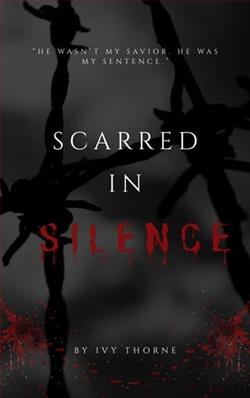



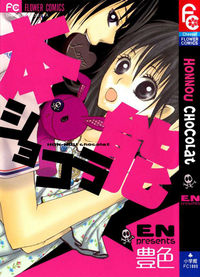


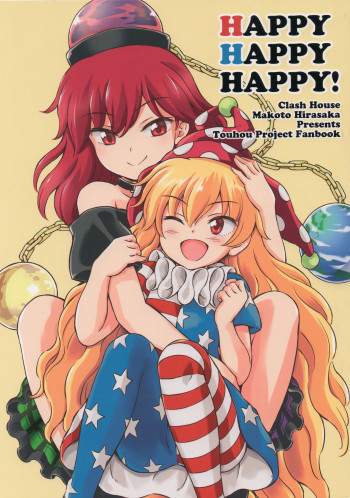
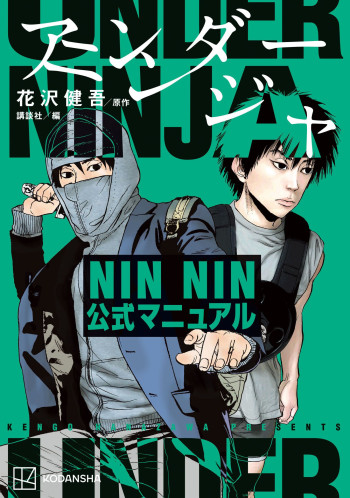
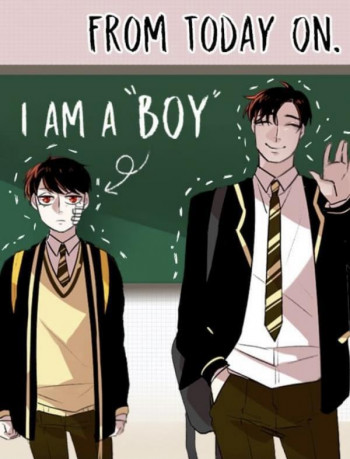
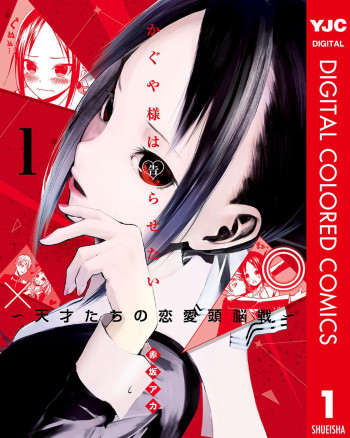
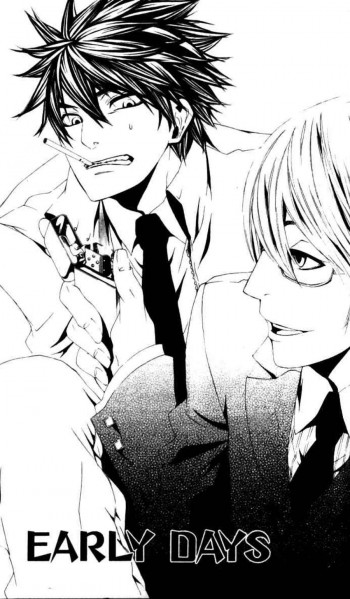
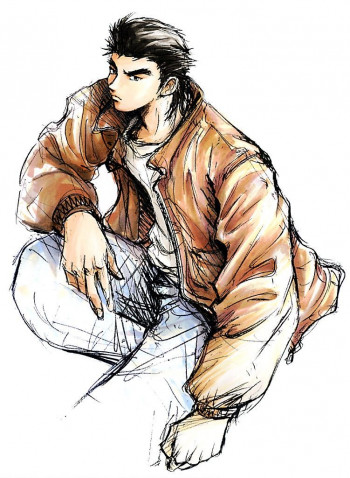
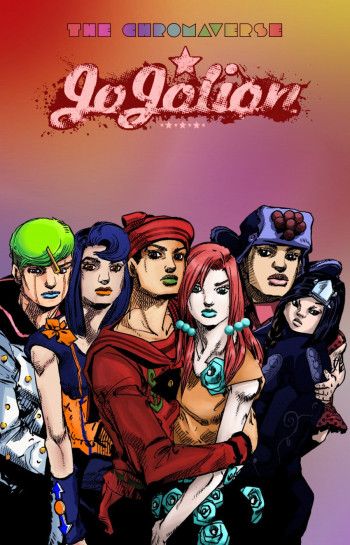










Reviews 0
Post a Reviews: